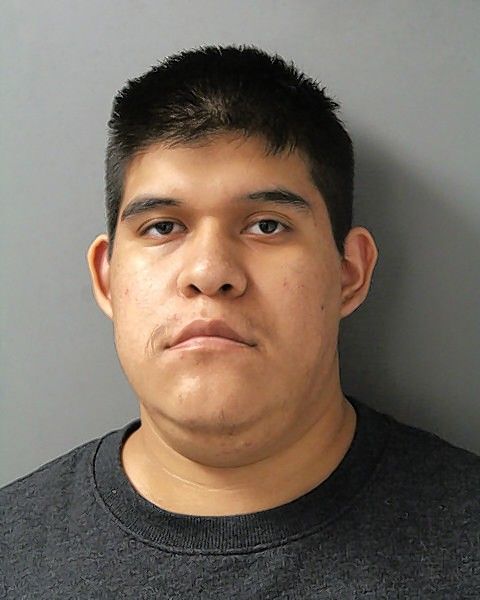Terrorism, or mental health issue?
October 10, 2019
When twenty-two-year-old Palatine native Javier Garcia drove his black SUV through Woodfield Mall in Schaumburg, Illinois, he was arrested on the scene. Because Garcia drove his car through Sears and far into the mall, Garcia was charged with felony criminal destruction of property; he was later charged with further terrorism counts. This event has caused a massive debate on whether or not the incident was an act of terrorism. If Garcia is convicted of the terrorism counts, he could face twenty years in prison. He is due back in court on October 18th.
Garcia’s family has come forward to say that he is not a terrorist. Three years ago, they say, was diagnosed with schizophrenia and bipolar disorder. Garcia heard voices and took medication. Recently, he lost his medical insurance, and the drugs became too expensive for him to afford. Garcia admitted himself into a mental clinic but was released the day before the incident. Noemi Garcia, Javier’s sister, said, “I don’t think (Javier) belongs in jail. He needs a place he can get his medications and treatment he needs.”
Prosecutors believe that Garcia planned to drive through the mall, based on the hundreds of internet searches he did of the mall before the event.
The Encyclopedia Brittanica defines terrorism as, “the use or threat of violence (that) seeks to create fear, not just within the direct victims but among a wide audience.”
People believe that this was a terrorist attack akin to February 26, 1993, when seven terrorists put bombs in a car that was driven to an underground parking garage below the World Trade Center. The bombing took the lives of six people and injured thousands more. The repairs took a month, and six out of the seven suspects were caught. The similarities of this case and the one at Woodfield Mall may lead people to believe that Garcia could be a terrorist.
The differences between the World Trade Center bombing and the Woodfield Mall drive-through incident vary greatly; the terrorists from the attack left their car at an underground parking garage. Garcia drove directly through the mall without the use of weapons. He wasn’t targeting anyone, and he isn’t a part of any terrorist groups or cells. Also, the World Trade Center was targeted because of its representation of the economical and powerful state of America. If this was a similar case, then what was the significance of Woodfield Mall, especially when Chicago is just thirty miles away?
So is Javier Garcia, a terrorist? It seems that he isn’t. Prosecutors say that he was a terrorist, yet all the evidence appears to be stacked against them. Garcia was off his medication; he was not trying to scare people and was not a part of any organization that might want him to do something of the sort, and his car was not equipped with any weapons.
The debate on terrorism also brings up the discussion of mental health. Are we getting the care that some people need? In Garcia’s case, one could argue that proper care is not being provided. As was stated earlier, Garcia was released from a mental health clinic the day before the incident. With the incident happening just twenty-four hours later, medication would not be as extensive of an issue as him not getting proper care in the clinic. This proves that Garcia was released far too prematurely. Hopefully, the lessons learned from the incident lead to reforms in mental health care.
None of this is saying that Garcia should be excused for the incident. His actions were, of course, terrible. But does this make him a terrorist? We shouldn’t be so quick to judge him, because this does not. This was not a victimless crime, as Woodfield Mall has to deal with all the damages Garcia caused. When you include the variables of an unstable individual with no medication in a popular suburban area, it seems like a perfect recipe for a dangerous incident.



